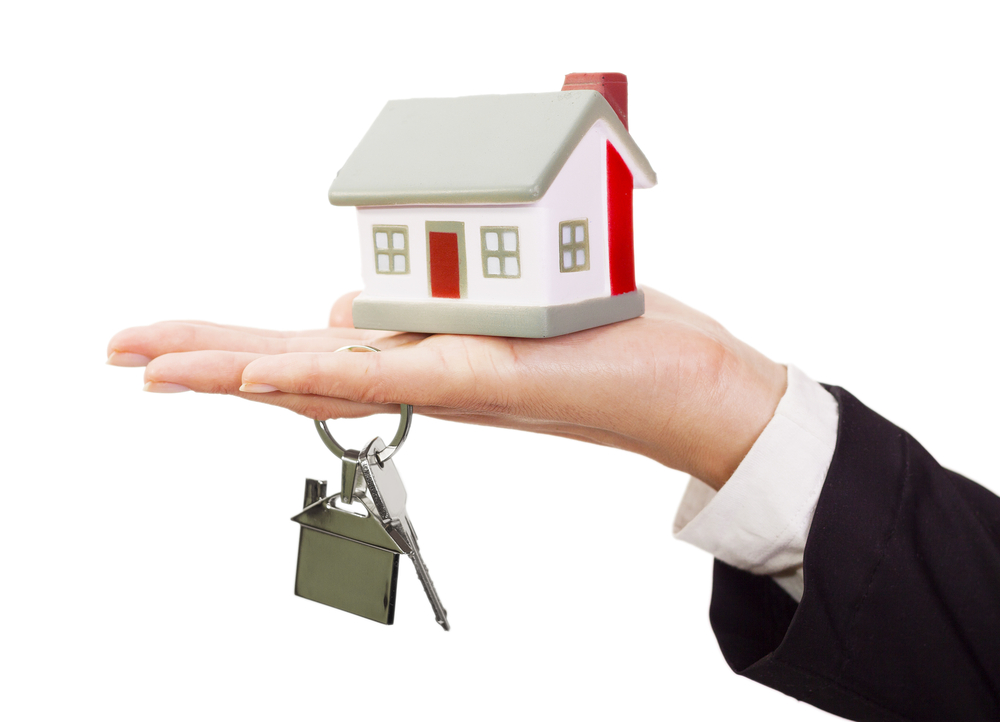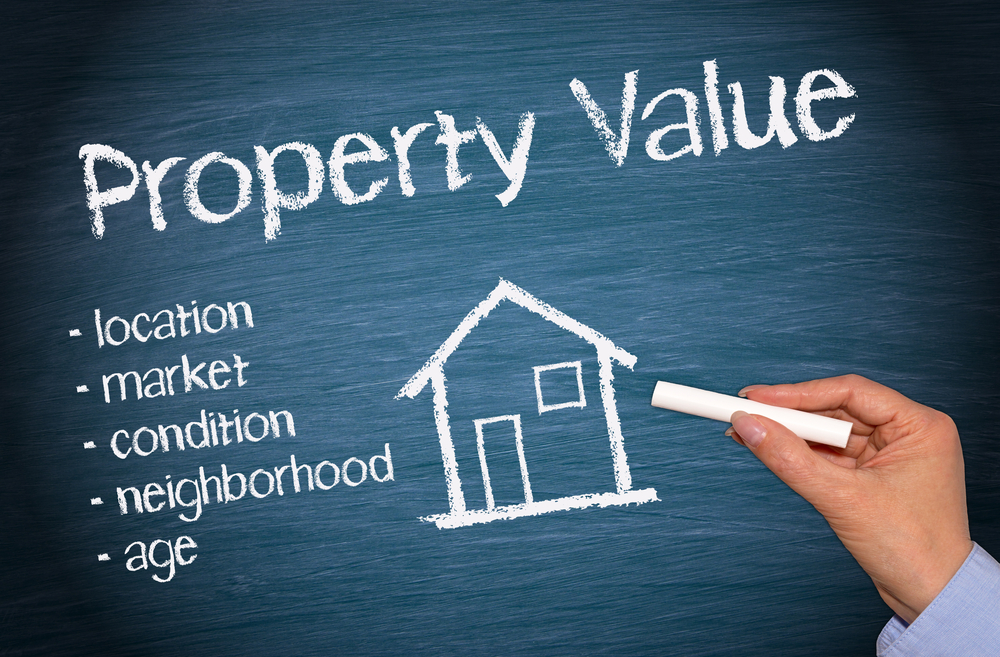South Carolina And Its Real Estate Waters
South Carolina's real estate market is diverse and dynamic and is influenced by several factors.
Here, we will check out some of the key aspects of the real estate market of South Carolina.
- The real estate market in South Carolina, like many other states, experiences fluctuations. Price fluctuations can be in the form of economic conditions, employment rates, and population growth that influence market trends.
- The cost of living and housing affordability vary across different regions of the state. Therefore, affordability is a key consideration for both buyers and rentals.
- South Carolina offers a mix of urban and rural real estate opportunities with its dynamics and play. Urban cities like Charleston and Colombia have bustling real estate markets compared to rural ones.
- As it has a coastline along the Atlantic Ocean, it contributes to a significant market for coastal properties. This comes with specific considerations such as flood zones and hurricane risks.
- It is a popular tourist destination among people and it has impacted the real estate market significantly.
- South Carolina’s climate and lifestyle attract retirees from all over the country. This has increased the development of retirement communities in these areas.
- Cities in South Carolina, such as Greenville and Charleston have seen high growth in real estate development. This includes building cultural and recreational facilities that impact property prices.
Contact a reputed real estate agent with experience if you want to buy or sell property in South Carolina. You will be provided with valuable insights about the local market conditions and trends.

All that you need to know about a real estate license in South Carolina.
You must know exactly what is a real estate license if you are aspiring to become its holder. It is a legal authorization, permitting you to carry out activities related to the real estate industry in the state. To be given the sanction, you must go through the stages as required by the controlling body for real estate in the state.
Why Should You Obtain A Real Estate License in South Carolina
Obtaining a real estate license in SC is important if you wish to engage in real estate activities within the state.
- It is a legal requirement to practice all forms of real estate activities in the state. This includes buying, selling, leasing, or managing estates. If you operate without a license, it can result in legal consequences.
- A real estate license is proof that you have the qualifications and understanding of real estate laws and practices.
- A license allows you to access multiple listing services to know about properties for sale in your local market.
- You can legally represent clients in real estate transactions.
- Commissions on real estate transactions are paid only to licensed professionals and hence, obtaining a license is so important.
- It promotes fair and transparent dealings in the real estate market.
- Only licensed professionals are trained to understand the complexities of real estate transactions. This helps them to avoid errors that might lead to legal disputes later.
What are the types of Real Estate Licenses Issued in South Carolina?
The types of licenses that are issued by the controlling body for the real estate industry in S Carolina are as follows:
- Salesperson license: To get this license, you must complete pre-licensing education, pass the licensing exam, and work under a licensed broker.
- Broker license: This license allows you to work independently as a real estate broker. To obtain one, you must first hold a Salesperson License, complete additional education, and pass the broker's exam.
- Broker-in-charge license: This license is for brokers who want to take on leadership roles in a real estate firm.
- Property manager license: A Property Manager License authorizes you to manage rental properties on behalf of the owners.
- Timeshare salesperson license: Those wanting to branch out into the sale of time-share properties must first obtain a Time-Share Salesperson License.
Overall, the entry-level license in the real estate sector is a salesperson’s license. Thereafter, you can go through specific educational requirements and take up your field of choice.
How to obtain a real estate license in South Carolina becomes the next point of discussion.
What are the requirements?
- You must be at least 18 years or older to be eligible for a real estate license.
- You must be a US citizen or a lawfully admitted alien.
- You must complete 60 hours of pre-licensing education as established by the South Carolina real estate controlling authority.
- You must complete licensing education from a state-approved school.
- You must pass the South Carolina real estate licensing exam conducted by a third-party provider.
- You must undergo a criminal background check and ensure it does not impact your eligibility.
- You must find a sponsoring broker who will mentor and support you in the initial stages of your career.
- You must submit a license application to the South Carolina Real Estate Commission.
- You must ask your sponsoring broker to complete the necessary paperwork to activate your license
Given below are the steps to be taken to meet the South Carolina real estate license requirements.
- Meet the eligibility requirements.
- Complete pre-licensing education and once done, appear for and pass the licensing exam.
- Apply for a license, complete a criminal background check, and find a sponsoring broker.
After these steps are completed your real estate license will be activated.

Overview of Real Estate Courses in South Carolina
Real estate courses in South Carolina provide aspiring real estate professionals with the required knowledge to obtain a real estate license. Subjects covered in these courses are real estate principles, practices, laws, and ethical standards.
Here is an overview of the typical South Carolina real estate courses that you will find:
1. Principles of Real Estate (Unit I and Unit II):
These courses cover fundamental principles and concepts related to real estate. Topics may include property ownership, land use, contracts, agency relationships, financing, and real estate mathematics. The content aims to provide a foundational understanding of the real estate industry.
2. South Carolina Real Estate Law:
This course delves into the specific laws and regulations governing real estate transactions in South Carolina. It covers legal aspects related to property transactions, contracts, agency relationships, and other legal considerations relevant to the state.
3. Real Estate Finance:
Real estate finance courses focus on the financial aspects of real estate transactions. Topics may include mortgage financing, interest rates, loan types, and financial calculations relevant to buying and selling real estate.
4. Property Management:
This course covers all that you need to know about the principles and practices of managing rental properties. Topics include leasing, tenant relations, property maintenance, and compliance with landlord-tenant laws.
5. Real Estate Appraisal:
Real estate appraisal courses provide an overview of property valuation methods and the appraisal process. You will learn how to determine the value of properties, considering factors such as market conditions and property characteristics.
6. South Carolina License Law and Regulations:
This course specifically focuses on the state's real estate licensing laws and regulations.
7. Ethics in Real Estate:
Ethics courses emphasize the importance of ethical behavior and professional conduct in the real estate industry. Topics may include fiduciary duties, fair housing laws, and ethical decision-making.
8. Exam Prep Courses:
Some schools offer exam preparation courses to help students prepare for the South Carolina real estate licensing exam. These courses often include practice exams, review sessions, and strategies for successful exam completion.
9. Continuing Education Courses:
Licensed real estate professionals in South Carolina must complete continuing education courses to keep their licenses valid. Topics covered in these courses are legal developments, market trends, and ethical considerations.
Underlying Benefits of Completing a Real Estate Course
- The primary benefit of completing a real estate course is meeting the educational requirements to obtain a license.
- It helps you to understand the complexities of property transactions.
- This knowledge is essential for maintaining ethical practices and compliance with legal requirements in the industry.
- Courses often include information about current market trends, economic factors influencing real estate, and industry best practices. Therefore, staying informed about market conditions is valuable for making informed decisions.
- Completing a real estate course enhances your professional credibility.
- The most important prerequisite for obtaining a real estate license is completing a real estate course.
- Real estate courses provide opportunities to connect with instructors, classmates, and professionals in the field.
- Real estate courses offer specialized knowledge in areas such as property management, real estate finance, or appraisals.
- Real estate courses provide opportunities to develop practical skills, such as effective communication, negotiation techniques, and client relations.
Becoming a real estate professional opens doors to many career opportunities with incomes comparable to the best in other sectors.